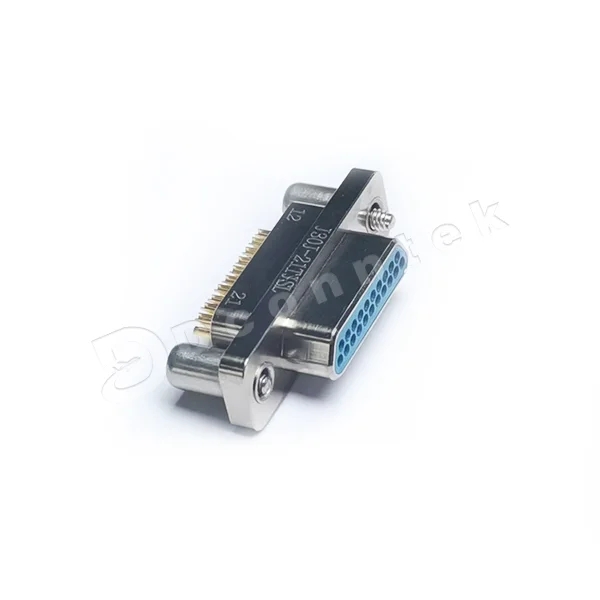
In today's rapidly evolving technological landscape, the boundaries between traditional engineering disciplines are becoming increasingly blurred. As mechanical engineers, it is crucial to recognize the growing importance of electronics in our field. This blog post explores the reasons why mechanical engineers should embrace electronics and highlights the benefits of acquiring a solid foundation in this domain.
- Integration of Electronics in Mechanical Systems:
Gone are the days when mechanical systems operated in isolation. The advent of smart technologies and the Internet of Things (IoT) has revolutionized the way mechanical systems function. From advanced sensors and actuators to embedded control systems, electronics have become an integral part of modern mechanical systems. By understanding electronics, mechanical engineers can design and optimize systems that seamlessly integrate with electronic components, resulting in enhanced performance, efficiency, and functionality. - Expanding Career Opportunities:
The job market is constantly evolving, and employers are increasingly seeking professionals with multidisciplinary skills. By acquiring knowledge in electronics, mechanical engineers can broaden their career prospects. The ability to work on projects involving both mechanical and electronic components opens doors to diverse industries such as robotics, automation, renewable energy, and automotive sectors. This versatility makes mechanical engineers with electronics expertise highly sought after in today's competitive job market. - Enhanced Design Capabilities:
Incorporating electronics into mechanical designs can unlock a world of possibilities. From developing smart products with embedded sensors for data collection and analysis to creating innovative control systems, electronics empower mechanical engineers to push the boundaries of traditional design. By understanding electronics, mechanical engineers can optimize their designs for efficiency, reliability, and safety, ensuring that their creations meet the demands of the modern world. - Collaboration and Interdisciplinary Projects:
In today's interconnected world, collaboration between different engineering disciplines is essential for success. Mechanical engineers who possess a solid understanding of electronics can effectively collaborate with electrical engineers, software developers, and other professionals. This interdisciplinary approach fosters innovation, as diverse perspectives combine to solve complex problems. By learning electronics, mechanical engineers can bridge the gap between different disciplines, enabling seamless collaboration and driving groundbreaking advancements. - Keeping Pace with Technological Advancements:
Technological advancements are occurring at an unprecedented rate. From artificial intelligence to autonomous systems, electronics play a pivotal role in shaping the future of engineering. By staying updated with the latest developments in electronics, mechanical engineers can remain at the forefront of innovation. This proactive approach ensures that their skills remain relevant and valuable in an ever-changing industry.
Conclusion:
In an era where mechanical systems are becoming increasingly intertwined with electronics, it is imperative for mechanical engineers to embrace this synergy. By learning electronics, mechanical engineers can unlock new opportunities, enhance their design capabilities, collaborate effectively, and stay ahead of technological advancements. Embracing electronics is not just a choice; it is a necessity for mechanical engineers to thrive in the modern engineering landscape. So, let us embrace this exciting journey of merging mechanics with electronics and shape a future where innovation knows no bounds.





